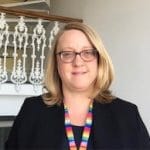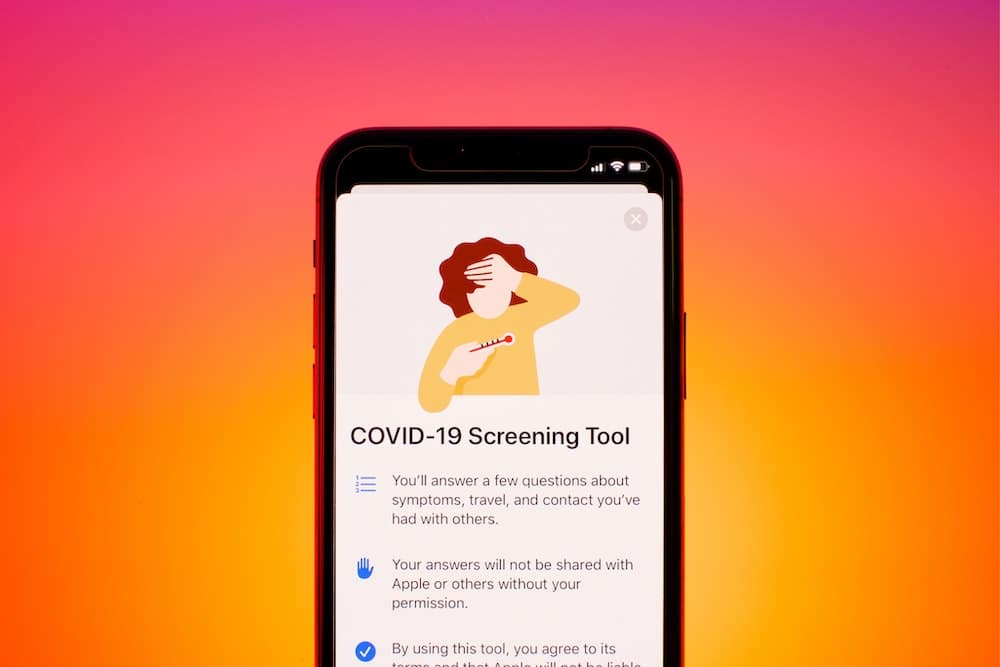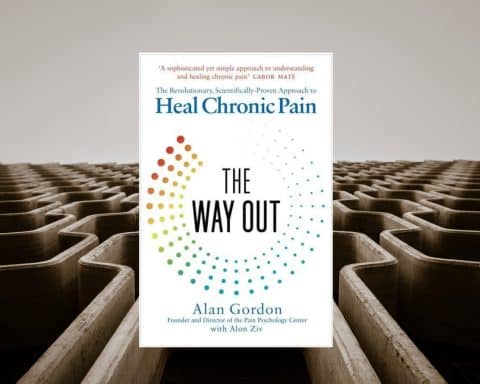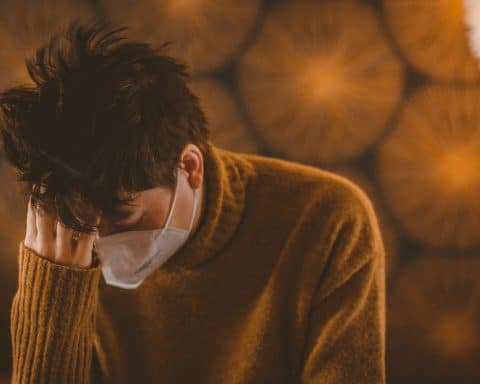Editor’s note: Throughout COVID-19 the BJGP has been publishing brief reports on innovations on the BJGP COVID-19 Clinical Solutions° rapid communications platform. There are now around 30 reports sharing good practice, new processes, and practical ideas to help improve care during the pandemic. Rachel Johnson has been through them and picks out some of the ones that have caught her eye.
 Rachel Johnson is a GP and Academic Clinical Lecturer at Bristol Medical School. She is on Twitter @rjohnsonridd.
Rachel Johnson is a GP and Academic Clinical Lecturer at Bristol Medical School. She is on Twitter @rjohnsonridd.
These case studies show the pragmatism, creativity and resilience of the primary healthcare workforce as it has adapted rapidly to the COVID-19 pandemic, finding opportunities among the challenges presented. Digital-first approaches in primary care have been given new impetus and their roll-out accelerated as a result of the pandemic; several case studies° describe how practices have prepared their staff and infrastructure for digital first approaches° including video consultations.
GPs in training have acted as IT ambassadors, linking the CCG with the trainee’s practice, enabling real-time IT problem solving.
North Lincolnshire CCG has grasped this opportunity to disseminate IT solutions throughout its practices. Using a hub and spoke method, GPs in training have acted as IT ambassadors, linking the CCG with the trainee’s practice, enabling real-time IT problem solving. A CCG YouTube channel provides easily-accessible IT tips and tricks.°
Many GPs have been providing care for patients with suspected COVID-19 in hot hubs physically removed from the main GP practice site. Dr Sian Stanley’s team responded to difficulties that patients were having in finding their hot hub and navigating the site, by creating a series of accessible YouTube videos to allay fears,° streamline the hot hub process and make it safer. The videos star local GPs who will be familiar and reassuring to many patients, and walk patients through the hot hub experience, from finding the correct car parking space to using, for example a face mask, and a saturation monitor.
Tackling COVID has led to a renewed focus on providing end of life care. One team has described how they have grappled with the complexities of advanced care planning° and decision making in COVID, and this has led to the development of an infographic depicting potential outcomes following COVID which can serve as a tool for supporting advanced care planning conversations with patients.
GPs in North Lincolnshire are offering pulmonary rehabilitation, using virtual reality headsets…
In an innovative solution to the problem of having a rural population and limited provision of pulmonary rehabilitation, GPs in North Lincolnshire are offering pulmonary rehabilitation, using virtual reality headsets, for people with chronic obstructive pulmonary disease.° Problematic internet access has been resolved by providing patients with mobile wi-fi hotspots. Patients are able to access the programme in their homes, at a time that suits them, and are prompted if they miss sessions. This has the potential to increase the uptake of pulmonary rehabilitation by making it more accessible to patients.
Finally, a GP practice in London has used this opportunity to take stock and survey its patients, asking them directly what they want from the practice. The survey received 2000 responses, and led to the practice developing a range of resources for its patients,° including, for example, webinars and workshops covering self-care including eating well, exercising, and looking after mental health.
Featured photo by Brian McGowan on Unsplash






